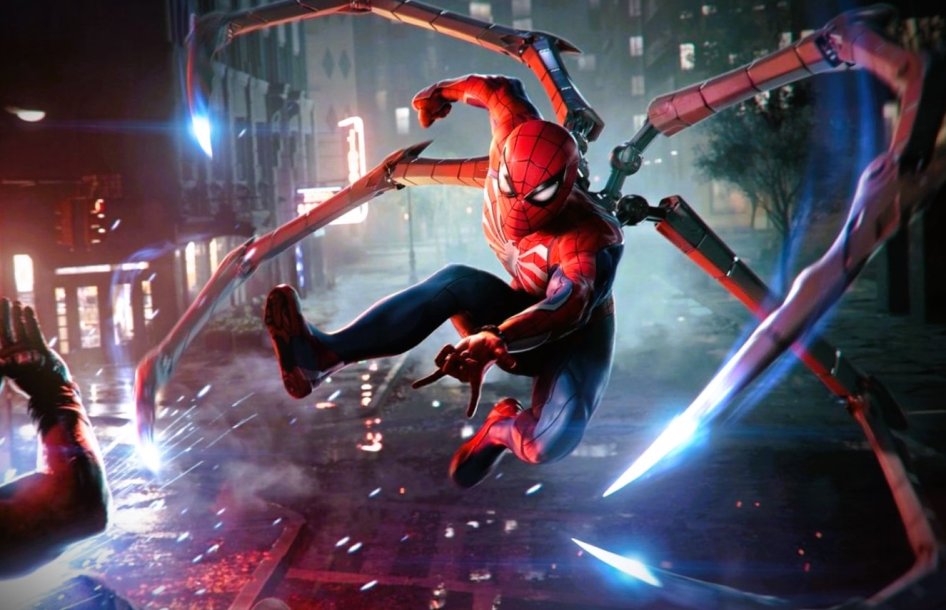
There's a timeless rule in life that often goes unnoticed or gets dismissed due to ignorance or snobbery: never underestimate the power of a simple, cuddly-looking, cartoon aesthetic. This principle is exemplified in the case of Ratchet & Clank: Going Commando, a classic PlayStation 2 game featuring a furry "lombax," his robot sidekick, and an array of eccentric, sci-fi weapons. Developed by Insomniac Studios, known for creating Sony's modern Spider-Man video games, Going Commando set the stage for the developer's future projects in terms of gameplay, narrative, and character.
Initially released on November 11, 2003, Going Commando marked the second installment in the ongoing Ratchet & Clank franchise. Following their galaxy-saving exploits in the debut title, the titular duo takes a break, enjoying some well-deserved relaxation. However, their leisure is abruptly interrupted by Abercrombie Fizzwidget, the CEO of MegaCorp, the galaxy's largest consumer goods and electronics manufacturer. Seeing Ratchet's boredom, Fizzwidget offers him a job and a mission to retrieve one of MegaCorp's most crucial assets—the recently stolen "Protopet" creature.
Eager for action, Ratchet accepts the mission, and the adventure unfolds.
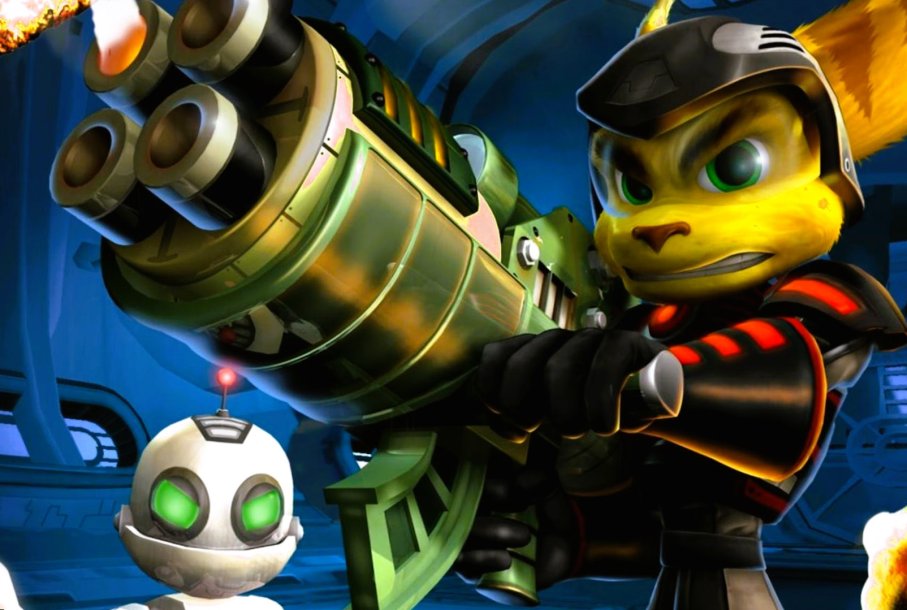
The storyline of Ratchet & Clank: Going Commando, while straightforward, took on a deeper meaning for me as a young individual who, much like the protagonist, was seeking action and adventure. Some of the story's nuances may not have been immediately apparent, but as time passed, I began to appreciate its underlying themes. In contrast to the original Ratchet & Clank, which had more surface-level subtext, Going Commando elevates the narrative with a visceral exploration of corporate greed and indifference.
At the core of the story is the Protopet, part of a batch intended for sale as pets across the galaxy, despite evident behavioral issues, such as a penchant for consuming people. Despite these concerns, the Protopets are shipped out, leading to widespread chaos.
Going Commando subtly incorporates anti-capitalistic commentary, yet it presents these themes with a dose of humor rather than adopting a doom-and-gloom tone. Insomniac's ability to blend humor with heart and a touch of darkness is evident in the game, a quality that seamlessly transitioned to their work on Spider-Man. The superhero's dark origin story is complemented by an upbeat attitude and a penchant for banter with adversaries, showcasing the studio's adeptness at infusing narrative depth with humor.
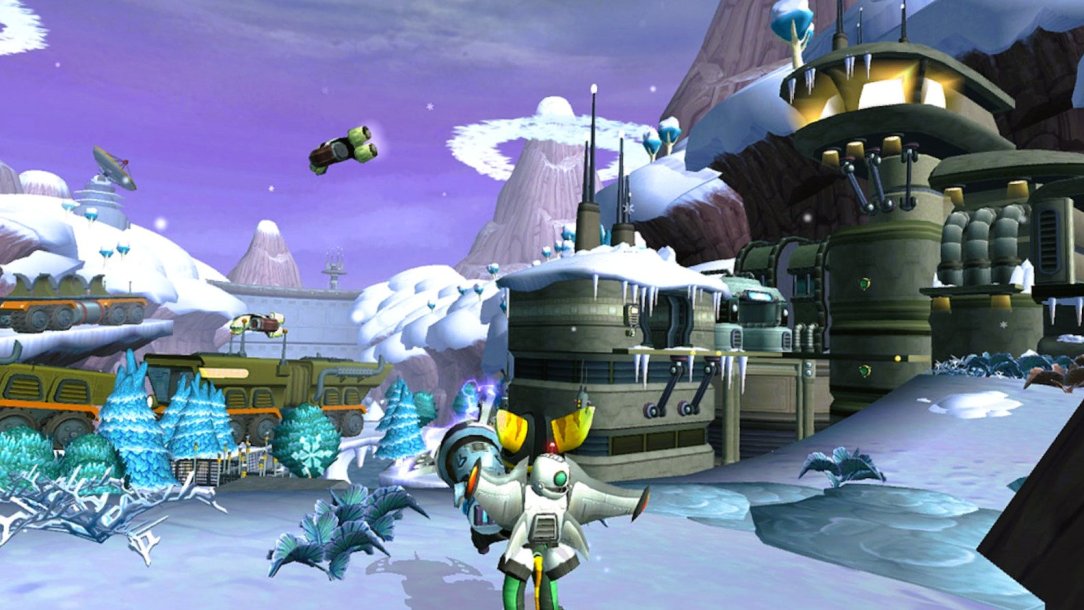
Similar to another beloved PlayStation sequel of the PS2 era, Going Commando made significant improvements over the original Ratchet & Clank. While some upgrades are expected, such as more weapons and levels, the game goes beyond the typical enhancements.
Numerous quality-of-life changes elevate the gameplay experience, rendering the first game somewhat dated in hindsight. These include multiple weapon wheels, a quick-select option that pauses the game, health upgrades, and the ability to strafe. While seemingly minor, the addition of strafing significantly enhances combat, making it more enjoyable and less frustrating.
In Going Commando, the weapons aren't just more potent and varied; they're also more imaginative. From a blaster that shoots a stream of lava to a bazooka firing a large bomb that explodes into numerous smaller ones, the game introduces creative and diverse weaponry. A grenade launcher produces mini-mushroom clouds, and there's even a device that shoots giant saw blades. Beyond new weapons, the game introduces space combat, providing a test of aerial skills. These enhancements collectively contribute to an enriched and more engaging gameplay experience.
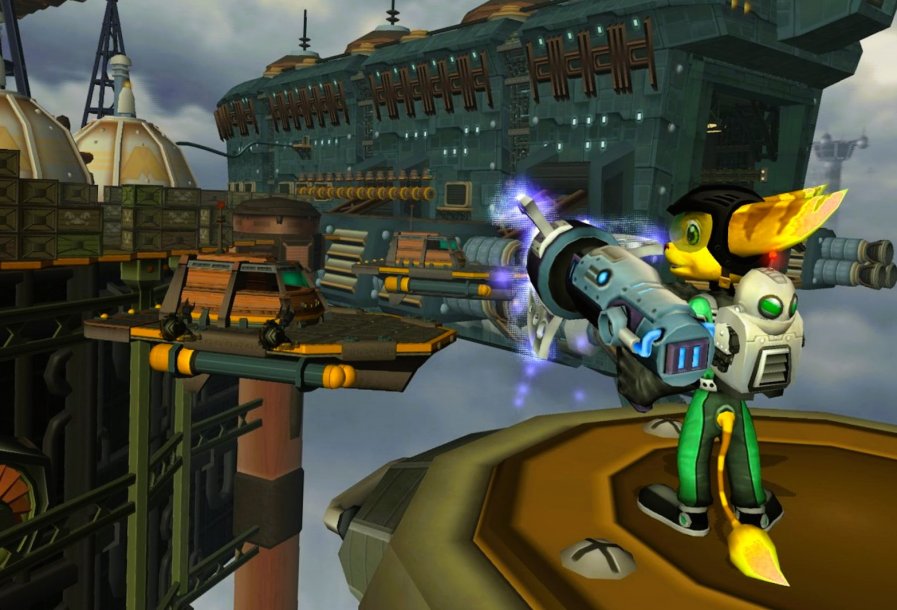
A key aspect of Going Commando is Insomniac's commitment to rewarding players for their engagement with the game. In contrast to the original, weapons in Going Commando can be upgraded through use, accumulating experience for each bullet, bomb, or Spiderbot until they evolve into entirely new super weapons. Witnessing the transformation of your arsenal adds an element of thrill to the gaming experience.
Defeating enemies not only provides satisfaction but also earns experience points that can be used to upgrade your health bar, allowing you to withstand more hits than the original's 4-5 hit limit. Exploring the game world reveals hidden Platinum Bolts that further enhance your weapons. Purchasing different sets of armor becomes essential for preserving your health. Completing secret tasks for "skill points" unlocks various cheats, such as big-head mode and different skins like a clown suit. Even your ship can be upgraded with both practical weapon boosts and aesthetic flair.
The game's design ensures that there is a wealth of activities to engage in, and most of it is gradually revealed as you progress. This approach is invigorating, encouraging players to stay invested and explore the game's depths. This philosophy has extended to many of Insomniac's subsequent titles, including the underrated Sunset Overdrive. This game features its own assortment of absurd weaponry to unlock in an open world with engaging traversal and platforming mechanics, showcasing Insomniac's consistent dedication to player engagement.
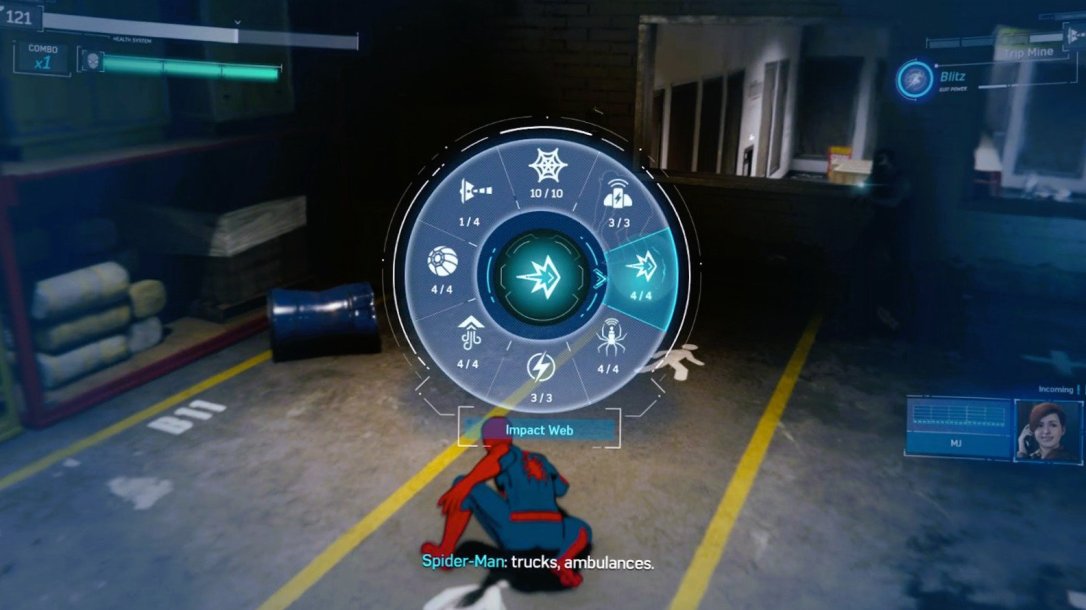
Insomniac's commitment to rewarding players extends to their Spider-Man games, where the focus on punching bad guys and swinging around New York City is complemented by a gameplay structure built on rewards. Completing missions earns experience points that can be used to unlock new upgrades for Spidey's powers and enhance gadgets. The game incorporates a quick-select wheel reminiscent of Ratchet & Clank's, adding to the fluidity of gameplay. Additionally, engaging activities like taking photos not only provide heartwarming anecdotes but also unlock numerous new suits, and there are plenty of side missions to keep players occupied.
The careful balance struck by Insomniac ensures that these rewards never feel excessive or like mere participation trophies. Instead, they enhance the gaming experience, adding creativity and excitement that keeps players engaged.
As a notable precursor to the New Game Plus phenomenon, Going Commando introduced its own version called "Challenge Mode." In this mode, players can further upgrade their weapons and unlock Challenge Mode-exclusive weapons, showcasing the game's innovative approach to extending gameplay and enhancing replay value.
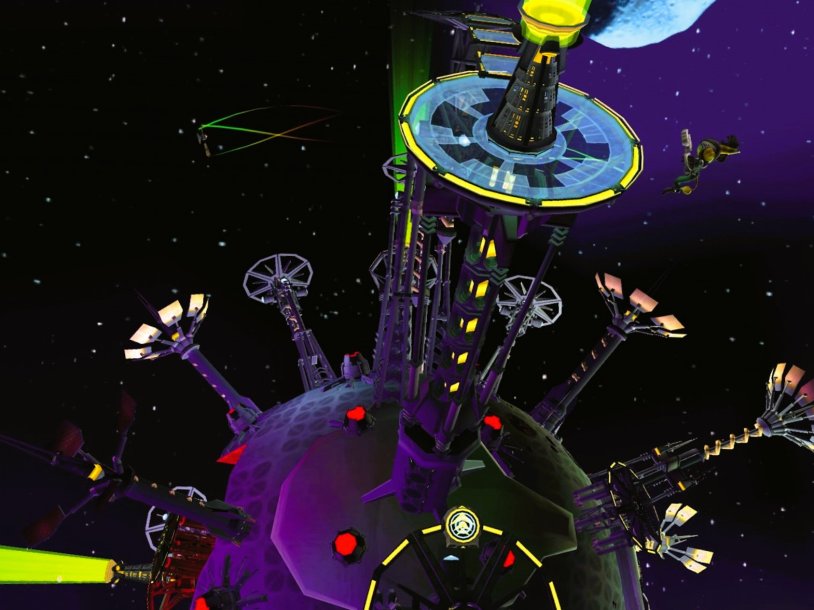
It might seem unusual that Ratchet & Clank holds the title of my favorite video game series of all time. This perspective might raise eyebrows or even prompt a few teasing remarks, as individual games in the series don't often receive universal "all-time" acclaim. However, what the series does possess is remarkable consistency. These games consistently deliver humor and deceptive intelligence. The gameplay is consistently rewarding, and they consistently introduce new tools for causing mayhem.
